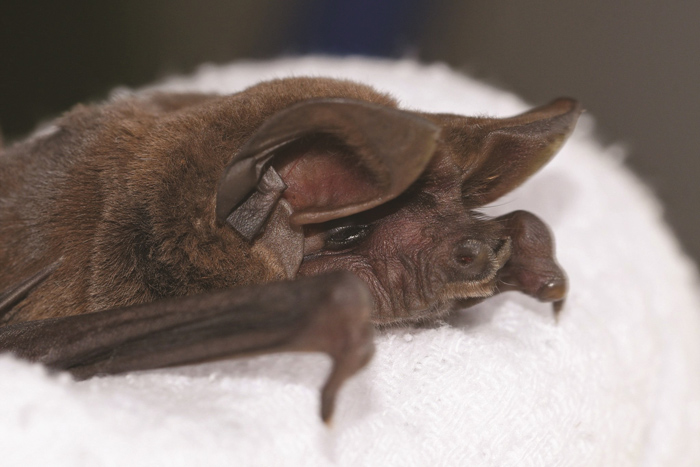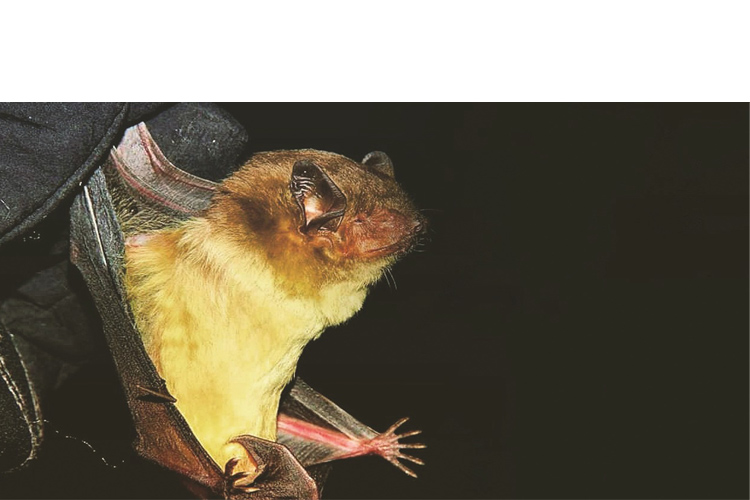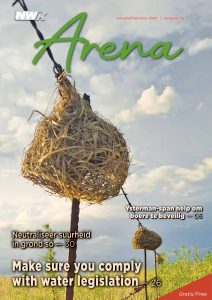
The stories of Dracula have made people believe that all bats are blood feeders. This is false, as there are only three bat species in the world that feed on the blood of livestock and birds. These bats are found in North, Central and South America. All other bat species feed on either insects, fruit or nectar.
For decades, bats have been portrayed as evil bloodsucking creatures. The thought of them makes most people cringe. Everyone knows the old wives’ tale that bats will fly into your hair and become entangled with it. In reality, bats have amazing echolocation abilities and will steer clear of your hair if they can help it.
Another common misconception is that bats are blind. This is false, as bats have well-developed eyes and good vision. Many people are also of the opinion that bats carry diseases such as rabies, but this is an infrequent occurrence. This article aims to create awareness about these little creatures and how we as humans can benefit from their existence.
Interesting bat facts
- There are more than 1 400 bat species worldwide. South Africa is home to about seven different fruit-eating bat species and more than 50 different insectivorous bat species.
- Bats that feed on fruit are scientifically referred to as Megachiroptera and bats that feed on insects are referred to as Microchiroptera. Fruit-eating bats are generally larger in size and have faces that look similar to those of domesticated dogs. Insect-eating bats are smaller and less ‘cute looking’, with nose-leaves and wrinkles.
- Bats are the only mammals that can fly.
- They have very well-developed hearing and use their echolocation skills to hunt insects. This means that they emit high-frequency sound waves from their mouths and nostrils while in flight. The sound waves are then reflected off surrounding objects and sent back to the bat’s ears. This is how they are able to locate insects whilst avoiding other objects at the same time. To humans, this sounds like little clicking noises.
- Most bat species, on average, only give birth to one pup per year. This makes them one of the slowest reproducing mammals on earth in relation to their size.
Important creatures
Bats are key role-players in South Africa’s natural ecosystems. They help humans out by eating insects and pollinating plants. They truly are a farmer’s best friend in this regard, as they are a natural method of pest control. Bats help keep these pesky mosquitoes at bay. For example, a large bat colony (estimated to have 300 000 individuals) at De Hoop Cave in the Western Cape was studied to have consumed about 100 tons of insects per year. Bats that feed on ripe fruits play a vital role in plant pollination.
The number of insects that bats can consume in one night is related to their body weight and energy expenditure. Some studies have found that a bat weighing 8 grams can consume about 2 080 mosquitoes per night. Bats also put pressure on insect populations and may cause some insects to avoid the area. Scientists refer to this occurrence as ‘predator avoidance behaviour’.
BAT SPECIES IN NORTH WEST
The following insectivorous bat species can be found close to home in North West:
- The African yellow bat (Scotophilus dinganii), which is also known as the yellow-bellied house bat or Dingan’s bat (Photo 1) prefers beetles on the menu.
- Another insectivorous creature is the Cape Serotine bat (Photo 2). Its scientific name is Neoromicia capensis.
- The little free-tailed bat (Photo 3) or Chaerephon pumilus feeds mainly on beetles, moths and mosquitoes.


Common threats
Bat populations are on the decline on a global scale. The main causes for their decreasing numbers are all related to human activity. Their natural habitats are being destroyed due to urbanisation. Some communities even hunt bats as a source of meat. In South Africa they are generally killed due to common belief in harmful myths/old wives’ tales and by the wind-turbine energy industry.
WHAT WE CAN DO
- Bat species native to South Africa are protected by law – thus it is illegal to kill them, and they should rather be removed by trained professionals when they become unwanted occupants of your home or workplace.
- Consider putting up bat boxes/houses to provide alternative roosting options.
- In agriculture, the implementation of bat house programmes may possibly lead to the reduced need for insecticide applications. This will prove to be more cost-effective for producers in the long run. Scientists also believe that the reduced application of insecticides will have a positive effect on the resistance period of the target species associated with the active ingredient of the said pesticide.
In conclusion
It is clear that bats are highly misunderstood as a species. Their appearance might put you off, but they are really mostly harmless. As small as these creatures may be, they play a big role in our ecosystems. Let us try our best to co-exist with them.
For more information regarding bat boxes, visit ecosolutions.co.za.
References
- Anon, 2022. SouthAfrica.com. Available at: https://www.southafrica.com/blog/bats-of-south-afrca-night-creatures/ [14 September 2022]
- Bat Conservation International, 2022. batcon.org. Available at: https://www.batcon.org/about-bats/bats-101/ [14 September 2022]
- EcoSolutions, 2020. Ecosolutions integrated pest management. Available at: https://ecosolutions.co.za/bats-and-bat-boxes/bat-species. [15 September 2022]
- Neighbourhood Bat Watch, n.d. batwatch.ca. Available at: https://batwatch.ca/bat-myths [13 September 2022]
- Siyabona Africa (Pty) Ltd, 2022. krugerpark.co.za. Available at: https://www.krugerpark.co.za/africa_yellow_house_bat.html. [14 September 2022]








